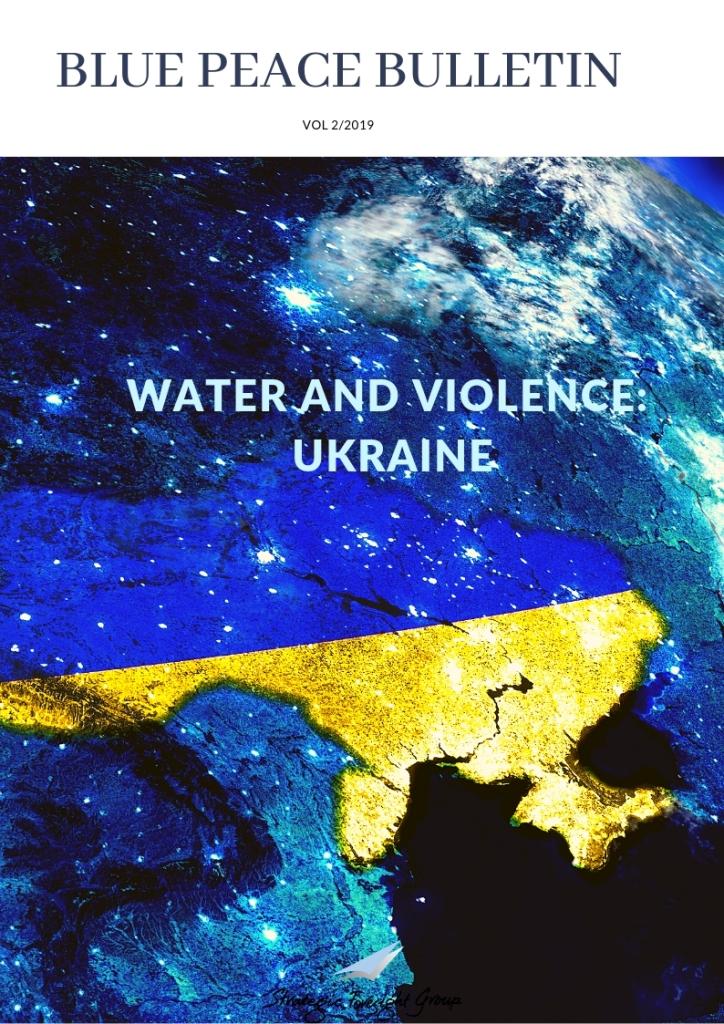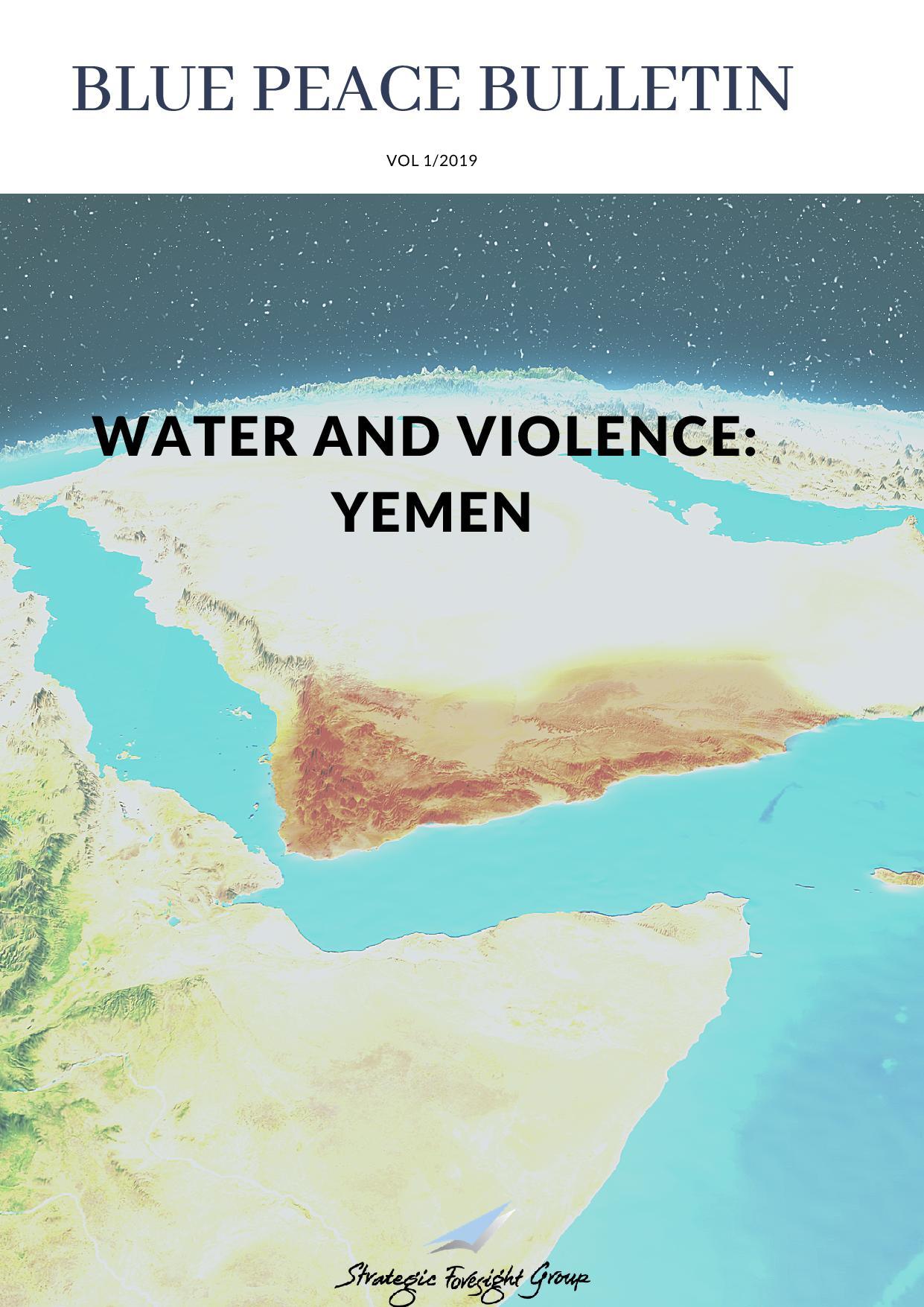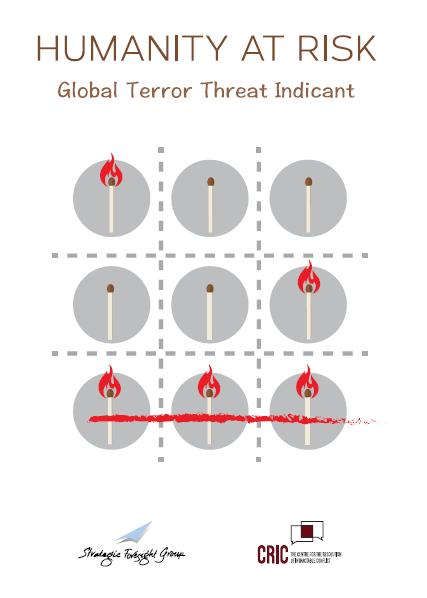The Rise of Imran Khan
 |
December, 2011
By Anumita Raj
|
Imran Khan has played many prominent roles in Pakistan over the past few decades: champion cricketer, philanthropist, author and politician. However, it is his latest role that is drawing him the most attention at present: potential presidential candidate.
Riding a wave of popularity resulting from his captaincy of the World Cup winning Pakistani cricket team in 1992, Imran Khan officially entered politics in 1996 with the formation of the Pakistan Tehreek-e-Insaf (PTI) party. From the beginning, Imran Khan's pet cause has been anti-corruption. In the past, PTI had a limited impact on the national stage, with few political victories. Khan was amongst the thousands arrested and jailed in 2007 when former President Musharraf declared a state of emergency. Thus, while his personal popularity has remained high in Pakistan over the past 15 years, his politics have had limited impact and success.
A confluence of events including deteriorating US-Pakistan relations, the emergence of the Haqqani Network (he proposed using the HN to negotiate with the Taliban) and the people of Pakistan reaching a boiling point over the corruption and inefficiency demonstrated by the major parties (including and especially the Bhutto family and the Sharif brothers), culminated in an enormous rally held by Imran Khan in Lahore in late October 2011. The size (a reported 100,000 people showed up) and scale of the rally, held in a Pakistan Muslim League-Nawaz (PML-N) stronghold stunned opponents and the media alike. In the aftermath of the rally, Imran Khan has made a series of politically savvy moves, positioning himself as a strong potential candidate. His efforts have been boosted by the defection of dozens of members of other parties, many of them high profile, who have since joined PTI.
It's too early to predict exactly how the next few months in Pakistan will play out. The internal situation, as well the country's external relations, is in a state of flux and instability. It is difficult to predict whether the present civilian government will be able to complete its term. It is just as difficult to predict whether Imran Khan will be able to sustain his current momentum and parlay it into a credible run for the presidency. Assuming he does manage this, it is important to ask what exactly this could mean for the rest of the region.
Given his relatively low political profile up until now, Imran Khan's positions on various aspects of foreign policy are not widely known. Moreover, given his visibility on the international stage as a famous sportsperson, his statements on issues have tended to differ depending on whether he is at home in Pakistan or in an international forum. He has seemed more or less socially conservative while speaking to different audiences. His inexperience on the national stage and lack of foreign policy objectives mean that he has said little on regional issues in a definitive manner. All this makes it extremely hard to predict what exactly the ascendance of Imran Khan (to either the Presidency or a significant role in the next elected government as part of a coalition) will mean to Pakistan's foreign policy.
Another important factor to consider is the belief of many local analysts that Imran Khan has aligned himself with the establishment, i.e. the Pakistan Army and the ISI. In the past, certain statements that he has made have led analysts to believe that he was acting as a mouthpiece for the establishment. Most recently, his statements urging the US government to use the Haqqani Network's connections with members of the ISI to bring the Taliban to the negotiating table were seen in this light. Another factor lending credence to this theory is the fact that he was able to hold his hugely successful October rally in a PML-N dominated area with little trouble. This also led analysts to believe that he must have had some level of support from members of the Army or the intelligence community. If as a candidate, he has aligned himself to the establishment; it is likely that his regional policy will be an extension of views espoused by it. With regards to India, this will probably mean an aggressive attitude on Kashmir, continued support to militant groups waging a proxy war on India and a strong opposition to any potential role for India in Afghanistan.
However, at present, the idea that Imran Khan is an establishment-supported candidate remains unconfirmed. In November 2011, Imran Khan joined many politicians in urging the separation of the Pakistani Army from the civilian government and imposing strict punishments for such interference. This could be an indication that the rumours are false.
Regardless of whether or not Imran Khan has support from the Army and the ISI, it is important to consider two things. First, as mentioned earlier, Imran Khan's views on crucial foreign policy issues remain unclear at present; thus any predictions on his stances are speculative at best. The second factor is more significant: the Army and the ISI are the strongest national institutions in the country, and their policies on security and foreign affairs will supersede the policies of any civilian government, especially on crucial national security issues, including Pakistan's policies towards India. Therefore, whether or not Imran Khan is an establishment-choice candidate at present, if and when he does find himself in a position of power, he will most probably be toeing the line created by the Pakistan Army and the ISI.
Related Publications
Related latest News
Related Conferences Reports
-

P5 Experts Roundtable on Nuclear Risk Reduction
Download:Geneva Roundtable Report
-

Roundtable on Global Security and Catastrophic Risks
Download:Report on RT revise





